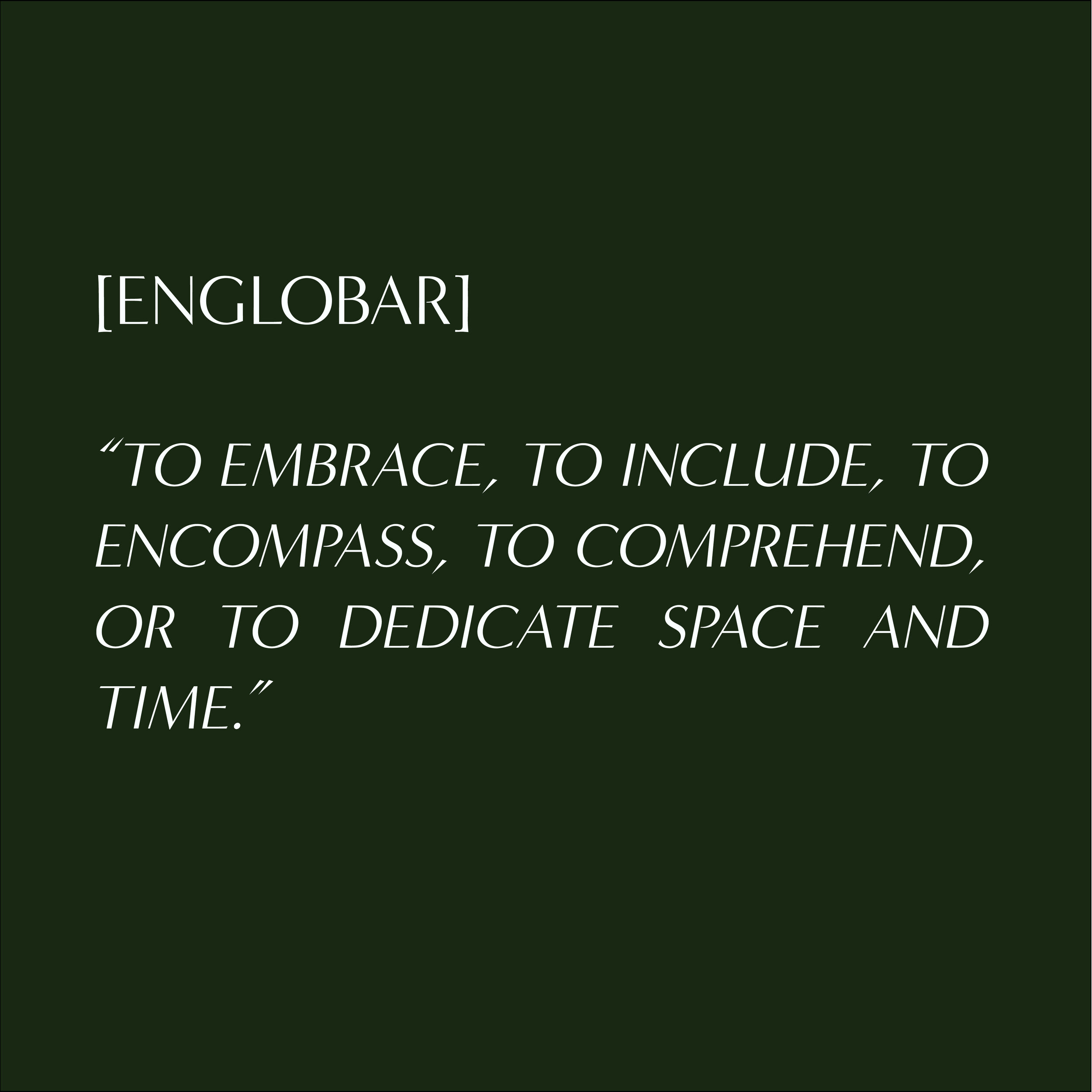Working Group Sessions
Back in the Before Time (when we could meet together face to face) we started hosting these sessions to facilitate the kind of collaboration, engagement, and interconnectivity we want to promote through Bowline.
The format is flexible— three hours with carefully chosen groups of industry members and relevant outside stakeholders and experts. No expert speakers or pyrotechnics, just friends working together to tackle pressing challenges facing the restaurant industry and the broader community. A working meal and some wine seems to help too.
collaboration
We run these sessions with our partners at CBS Kontinuum. CBS faculty serve as facilitators and bring research perspectives and insights to the table. CBS students observe and record our working group sessions so that we can generate research and case studies on topics covered for more widespread dissemination.
Other equally important partners and contributors include:
Copenhagen Hospitality College
FOOD Organization of Denmark
FOODSHIFT2030
Hegnsholt Farm
KVINFO
Lejre Kommune
Wonderful Copenhagen.
We ran three of these before the December lockdown:
WINTER IS COMING
(AMASS, October 19, 2020)
Participants in this session worked together to understand the most pressing financial challenges facing Danish restaurants in the months ahead.
We brainstormed survival strategies, discussed how restaurants can preserve liquidity and remain resilient in the face of severely reduced volume, and laid the groundwork for a white paper that Claus Liljeberg produced afterwards on tax strategies and government compensation and aid packages.
We also established a culture of knowledge sharing and financial updates that continues to sustain participants in the context of the new lockdown.
EVERYONE HAS A STORY: LET’S CHANGE THE NARRATIVE
(Restaurant Lola, October 24 and 25, 2020)
We hosted this pair of sessions in the upstairs room at Restaurant Lola, with CBS K hosting a delicious meal prepared by those awesome Lola people (several of whom joined in discussions).
The first session focused on how the restaurant industry can contribute to and learn from the current debate regarding gender bias and harassment in Danish media and society.
The second session concentrated on student experiences of gender inequality and harassment at the Copenhagen Hospitality College as a case study. the director of the school, a student representative, and participants from the two unions, 3F and DRC were on hand to contribute their insights.
Both of these sessions ended up assigning Bowline with some homework— we’re going to collaborate with the CBS Diversity and Difference Platform and KVINFO to develop a series of gender and leadership workshops for the industry. Stay tuned…
plans for future working group sessions
CONNECT (postponed due to the lockdown)
We were just about to run this session when the lockdown changed our plans. It will serve to move forward a Bowline initiative already in the works—the development of a circular logistics and learning hub linking Copenhagen restaurants with small, Danish farms and local producers. We plan to this session on Hegnsholt Farm in Lejre as soon as it is possible to do so.
CITY LIGHTS
This session, hosted in collaboration with Wonderful Copenhagen, will convene chefs, artists, journalists, historians, and community leaders to discuss how to preserve and further cultivate the role of Copenhagen restaurants as central institutions in the cultural and civic fabric of the city.
WHAT’S FOR LUNCH?
This session, hosted in collaboration with the FOOD Organization of Denmark and FOODSHIFT2030, will explore how to nudge corporate cafeterias to purchase more of the food they serve their employees from small Danish producers. Since Danish companies spend roughly 9 billion DKK per year on food, this initiative could not only promote more local and healthy sources of nutrition, but significantly boost small farmers and rural economies across Denmark.
COPING
The restaurant industry is characterized by a high-pressure working environment. The COVID-19 crisis has exacerbated these pressures. We want to assemble stakeholders from all levels of the industry to confront the anxiety and stress that result from these conditions. Participants will generate short term strategies for relief in the current situation, and long-term strategies for structural change toward healthier kitchen cultures.



